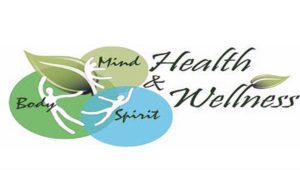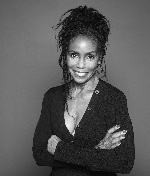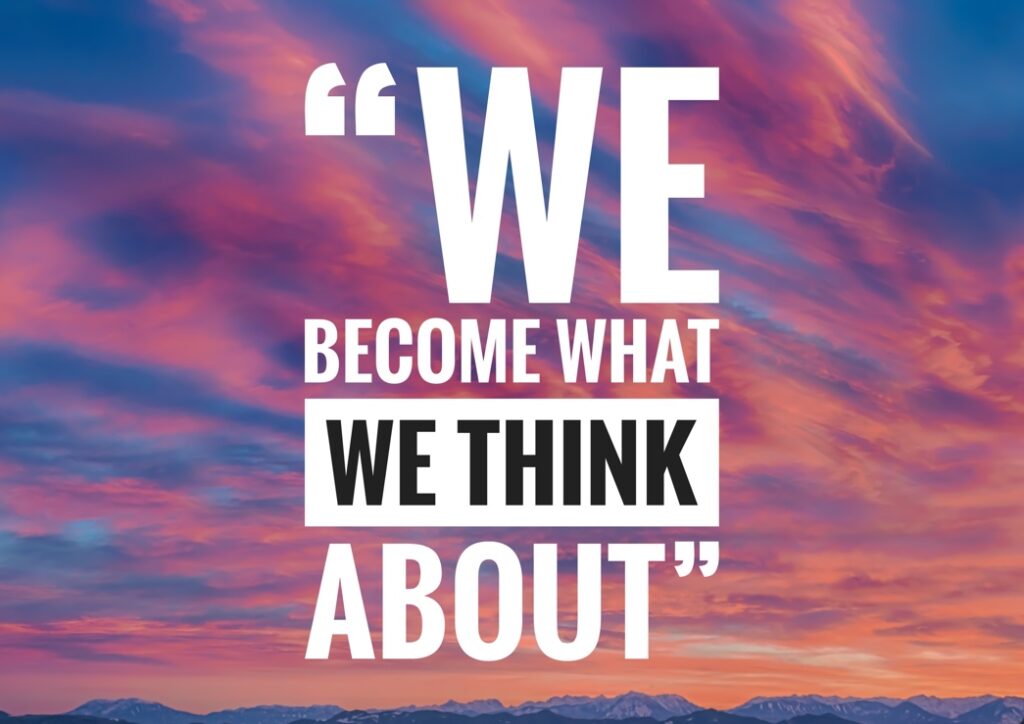
What’s your definition of health and wellness? Do you have a comprehensive perspective? I define health and wellness as the balance of eight areas of life; social, emotional, intellectual, spiritual, occupational, environmental, physical, and nutritional.
When life is in balance we feel better; we have an attitude of gratitude, we have a bounce in our step; we’re happy, caring, and loving, and we want to do good in the world. When we are out of balance we feel flat, like a tire low of air. It’s difficult to steer and it makes the ride bumpy. Sometimes causing an accident or causing us not to reach our destination. Do you ever feel that way?
According to the World Health Organization (WHO) good health is a state of complete physical, mental, and social well-being and not merely the absence of disease or infirmity. Good health really requires the entire body, mind, and spirit being in balance.
Each of the eight areas mentioned above act and interact in a way that contribute to the quality of life. Let’s take a closer look at the eight areas of health and wellness so we can have a better understanding of the overall condition of our body, mind, and spirit.
Physical Wellness
- Awareness of how fatigue and physical stress affects overall health
- Understand the importance and implement regular physical activity
- Get adequate sleep
- Avoid destructive behaviors (tobacco, drugs, alcohol, etc.)
- Get regular wellness visit from health care providers (Primary, Internist, Dentist, etc.)
Nutritional Wellness
- Recognize that our food choices have a significant impact on our wellness
- Identify and regularly choose quality, nutrient dense whole foods, especially fruits and vegetables
- Understand that food is fuel, we eat for health
- Avoid foods with unhealthy or harmful ingredients (Processed, MGS, Sugar, etc.)
- Understand the benefits of hydration
Intellectual Wellness
- Critical thinking, creativity, curiosity
- Feeling stimulated and engaged in learning
- Observing and listening to what is around you
- Open to new experiences and ideas to continue to grown
- Desire to learn new concepts, improve skills, and seek challenges in pursuit of lifelong learning
Occupational Wellness
- Skills, satisfaction with work
- Have personal fulfillment from our job or chosen career field
- Ability to establish balance between work and leisure time
- Make a positive impact at work and on society as a whole
- Career that has meaning, purpose and engages our talents and skills
Environmental Wellness
- Being aware of the limits of the earth’s natural resources
- Recognize our own responsibility for the quality of the natural resources (air, water, land) that surround us
- Enjoying and appreciating time outside in natural settings
- Ensuing the stability and longevity of our natural resources
- Creating home and work environments that are supportive and nurturing
Social Wellness
- Valued relationships and interaction with family and friends
- How we relate to, communicate and get along with others
- Community interaction
- How we spend our free time
- Balancing responsibilities and relaxation
Emotional Wellness
- Awareness and acceptance of feelings, emotions, reactions
- Understanding ourselves and able to cope with the challenges of life
- Ability to acknowledge and share feelings of anger, fear, sadness or stress, hope, love, joy and happiness in a productive manner
- Maintaining a positive attitude
- Taking responsibility for your own behavior
Spiritual Wellness
- Understand your meaning and purpose
- Belief in a higher purpose
- Sense of peace and harmony
- Personal values, ethics, and morals
- Congruency between values and actions
So when you evaluate your health, do yourself a favor and take a comprehensive view. Let me know your thoughts. Leave me a comment if you found this article helpful.
Sources:
World Health Organization (WHO)
Dr. Sears Wellness Institute
“Positivity” B. Frederickson, Phd.,
“The Telomere Effect” Drs. Elizabeth Blackburn, Elissa Epel
“Appreciative Inquiry” David Cooperrider








